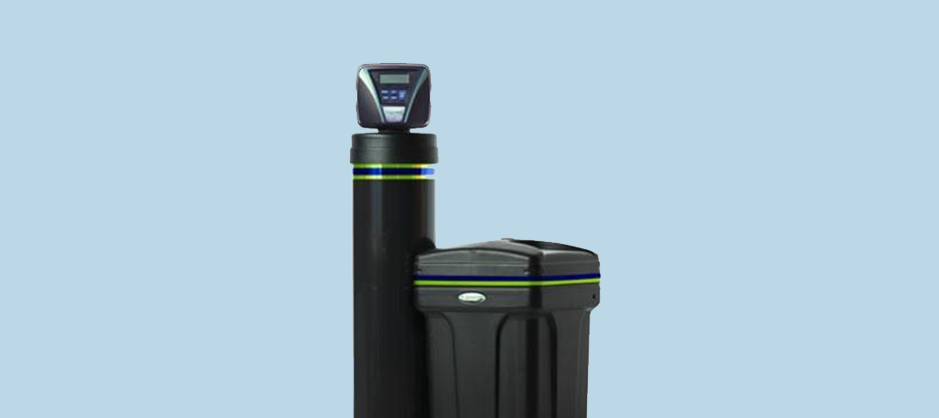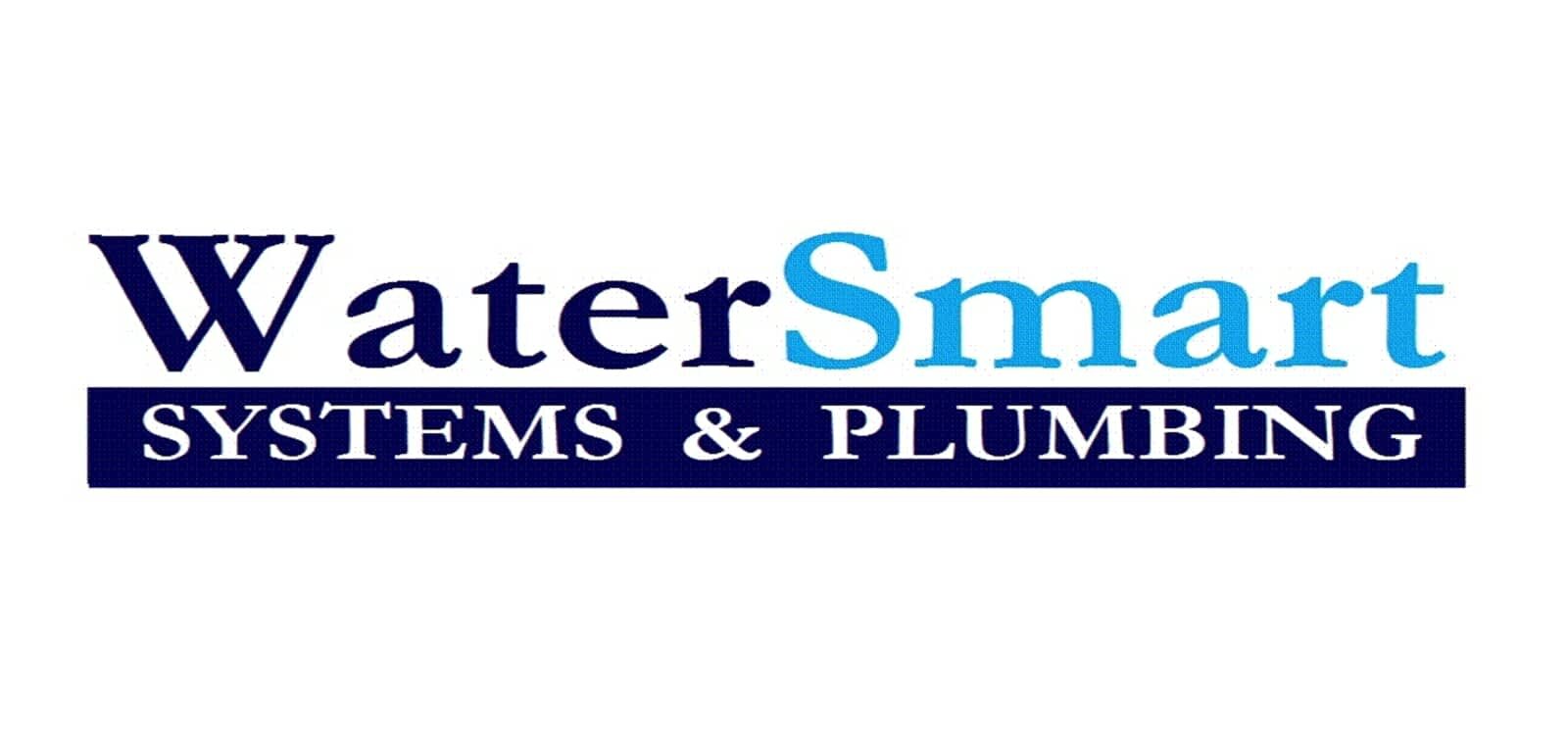When it comes to improving your home’s water quality, two terms you’ll hear often are water softeners and water filtration systems. While both improve your water, they serve very different purposes. Understanding the difference is the first step to choosing the right solution—or in some cases, realizing you may need both.
Here’s our expert guide to what each system does, how to know which one you need, and how to make the best choice for your home
At WaterSmart, we’ve been helping homeowners across Ontario for decades. Contact us today to get started.
1. What is a Water Softener?
A water softener is designed to tackle hard water—water that contains high levels of calcium and magnesium. These minerals aren’t harmful to your health, but they wreak havoc on your home:
Scale buildup in pipes, appliances, and fixtures
Soap scum on sinks, showers, and dishes
Dry skin and dull hair
Shortened lifespan for water heaters, dishwashers, and laundry machines
Water softeners use a process called ion exchange to replace calcium and magnesium ions with sodium or potassium. The result? Water that feels “silky,” lathers better with soap, and doesn’t leave behind hard deposits.
At WaterSmart, we install high-efficiency softeners that reduce salt and water use, saving you money while protecting your home.
2. What is a Water Filtration System?
A water filtration system focuses on contaminants—anything in your water that could affect its taste, smell, safety, or clarity. Depending on the type of filter, these systems can remove:
Chlorine and chlorine by-products
Sediment such as sand, silt, and rust
Heavy metals like lead and mercury
Microorganisms, including bacteria and cysts
Emerging contaminants like PFAS (“forever chemicals”)
Filtration systems come in different forms: whole-home systems that treat all incoming water, or point-of-use systems like under-sink filters.
Unlike softeners, they don’t address hardness minerals, but they do make your water cleaner, safer, and better-tasting.
3. Key Differences Between Softeners and Filtration Systems
| Feature / Concern | Water Softener | Water Filtration System |
|---|---|---|
| Primary Purpose | Removes hardness minerals (calcium, magnesium) | Removes contaminants (chlorine, sediment, heavy metals, bacteria, PFAS, etc.) |
| Impact on Home | Prevents scale buildup; extends appliance lifespan | Improves taste, smell, and clarity of water |
| Impact on Health | Indirect – softer skin & hair, less soap scum | Direct – reduces exposure to harmful contaminants |
| What It Does NOT Do | Does not remove chlorine, bacteria, or chemicals | Does not address hardness or scaling issues |
| Best For | Homes with hard water, scaling, appliance wear | Homes with chlorine taste, odours, or known contaminants |
| Typical Placement | Whole-home (entry point) | Whole-home or point-of-use (sink, fridge, etc.) |
| Common Signs You Need One | Soap doesn’t lather, scale on faucets, cloudy glassware | Water smells like chlorine, tastes metallic, sediment in glasses |
| Often Used Together? | Yes – pairs with filtration for full coverage | Yes – complements softeners for complete protection |
Although both systems improve water quality, their roles in your home are distinct. Understanding these differences helps ensure you invest in the right solution.
A water softener addresses the minerals in hard water, such as calcium and magnesium. These minerals aren’t dangerous to drink, but they create scale inside pipes, leave residue on dishes, and shorten the life of appliances.
If you’ve noticed cloudy glassware or white crust around faucets, a softener is the tool for the job.
A water filtration system, on the other hand, removes contaminants that can affect the safety, smell, and taste of your water. Municipal systems may add chlorine to disinfect, while well water may contain sediment or bacteria.
Filtration ensures your water isn’t just functional but enjoyable and safe to consume.
Think of softeners as protecting your plumbing and appliances, while filtration systems protect your health and senses.
4. When you might need both
Many homeowners start by asking, “Do I need a water softener or a filtration system?” The truth is that in much of Ontario, the answer is often both. Here’s why:
Hard water is widespread in our region, leaving families frustrated with scale, soap scum, and shortened appliance lifespans. At the same time, municipal water supplies are treated with chlorine, which ensures safety but often leaves an unpleasant taste or smell. For those on well water, sediment, iron, or even bacteria may be present.
In these situations, one system alone can’t fully solve your water quality issues.
By combining a softener with a filtration system, you create a comprehensive solution:
The water softener prevents hard minerals from damaging your home’s plumbing and appliances. You’ll notice softer skin, shinier hair, and easier cleaning throughout the house.
The filtration system removes chlorine, chemicals, or bacteria, making your drinking water safer and better tasting. This protects your family’s health while also improving the experience of everyday cooking and hydration.
Together, these systems ensure your water is not only gentle on your home but also pure and refreshing for your family.
For example, many WaterSmart customers install a high-efficiency softener at the point of entry, then add a carbon filtration unit to strip out chlorine and improve taste. Families on private wells often combine a softener with sediment or UV filters to address hardness and microbial concerns at once.
This layered approach provides peace of mind: no more worrying about scale in your dishwasher, unpleasant odours in your tap water, or whether hidden contaminants are slipping through untreated. It’s an investment in both the comfort of your home and the well-being of your loved ones.
5. How to Decide What’s Right for Your Home
The best solution depends on your water’s unique profile. At WaterSmart, we always recommend a comprehensive water test to measure hardness, chlorine levels, pH, and possible contaminants. From there, we’ll recommend:
A water softener is the solution if your primary issue is scaling, soap scum, or appliance wear.
A filtration system is necessary if your water smells, tastes bad, or contains health-related contaminants.
A combination system is used if your home faces both challenges, which is common in our region.
This isn’t a one-size-fits-all decision, and choosing the wrong system could mean wasted money and ongoing frustration. That’s why expert testing and advice matter.
Water Softener vs. Water Filtration: Ley Us Weigh In
If you’re weighing the benefits of a water softener vs. water filtration, our team can help you make the right choice for your Waterloo home.
Whether you’re installing a new system, upgrading an older unit, or simply looking for expert advice, we’ll guide you every step of the way.
At WaterSmart, we proudly provide the best Canadian-made water softeners along with professional installations.
Our factory-trained technicians can set up your system quickly and efficiently—and installation is always free when you purchase a new water softener from us.
With local expertise and decades of experience, we’ll ensure you get the solution that fits your water test results, household needs, and long-term goals.
From consultation to installation, we make it easy to enjoy the benefits of clean, reliable water in your Waterloo home.
“Great service. Courteous and thorough. Highly recommended.
(5 Stars)”





